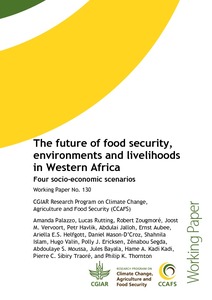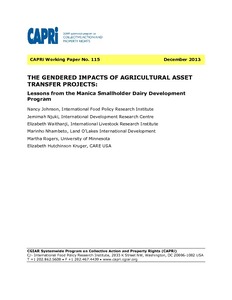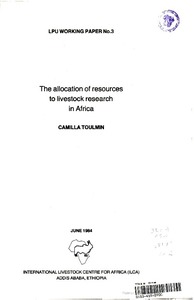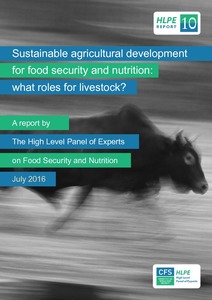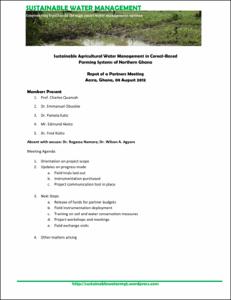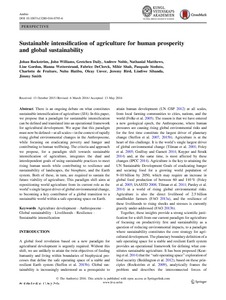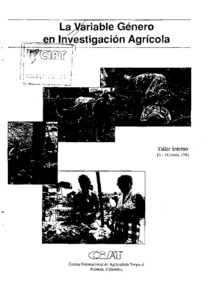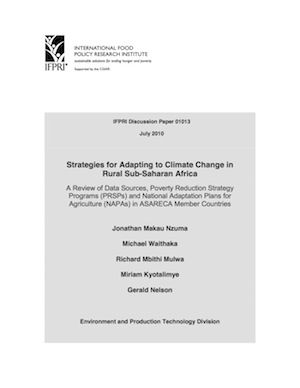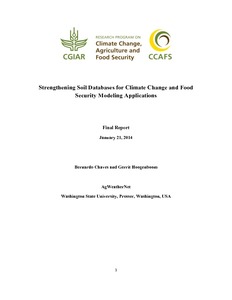The future of food security, environments and livelihoods in Western Africa: Four socio-economic scenarios
This working paper examines the development of regional socioeconomic scenarios for West Africa’s development, agriculture, food security and climate impacts. We present four globally consistent regional scenarios framed and outlined by regional experts who crafted narratives and determined key drivers of change. Stakeholders identified the type of actors driving change and the timeline of strategic planning as the most uncertain and most relevant factors of change affecting food security, livelihoods and environments in the region.

